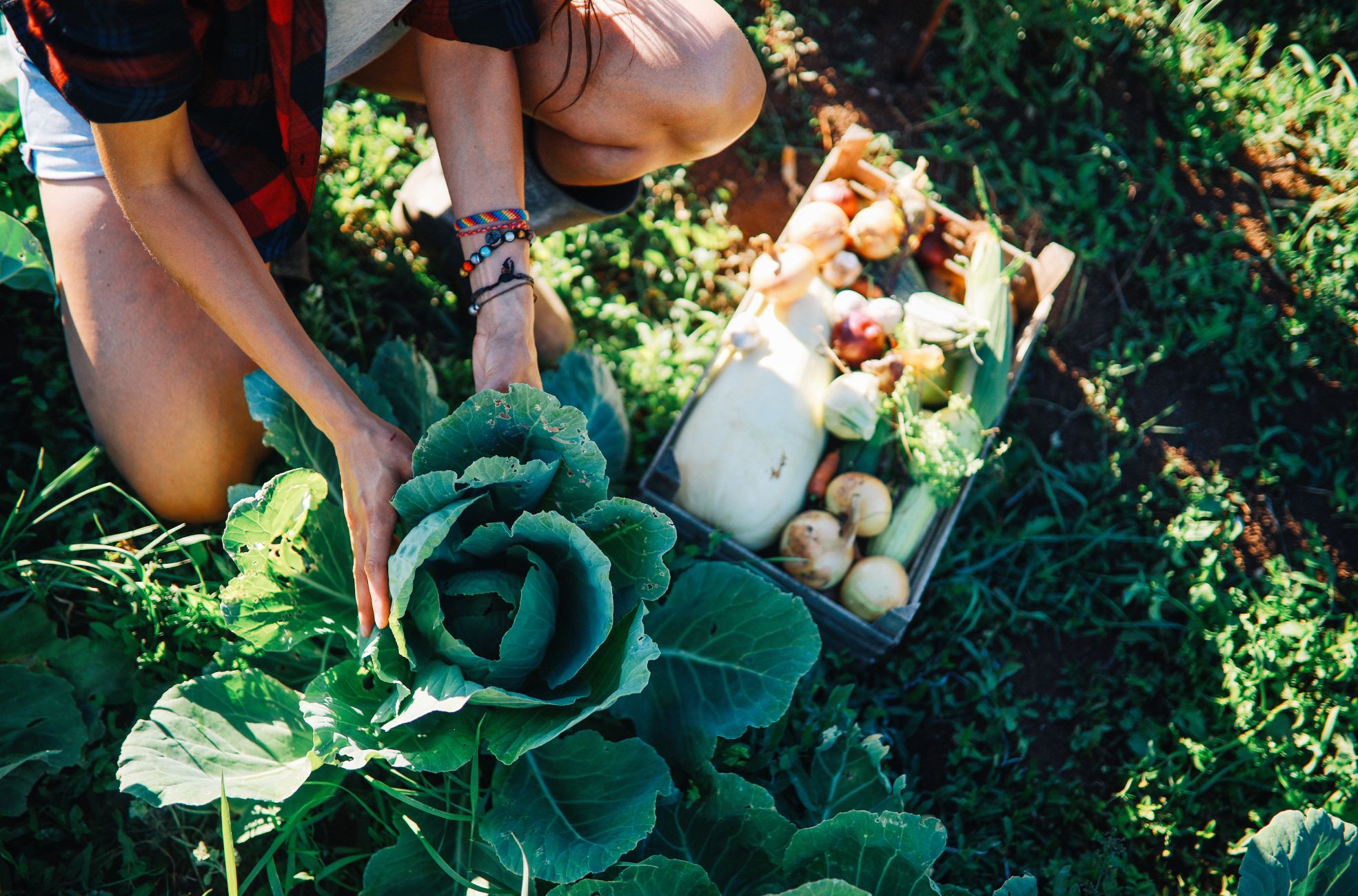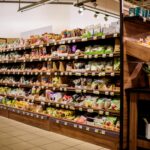Understanding how to start an organic farm in Dubai involves navigating unique climatic conditions, stringent certification processes, and tapping into a burgeoning market for healthful produce. This city, known for its abundant urban landscape, is also a fertile ground for the organic farming movement, catering to a growing demographic that values sustainability and natural food sources.
We’ll explore the various steps and considerations—from selecting the right location and crops to meeting the legal requirements and managing a successful farming business. Whether you are a seasoned farmer or a green-thumbed novice, the journey of cultivating an organic farm in Dubai promises both challenges and rewarding opportunities in the heart of the desert.
Organic Farming in Dubai
Organic Farming Practices
Organic farming in Dubai is an agricultural approach that emphasises sustainability and environmental stewardship. It involves practices supporting the natural ecosystem, such as crop rotation, using green manure, composting, and biological pest control.
These methods help maintain soil health and reduce pollution, ensuring that the produce you buy is free from synthetic fertilisers and pesticides. The absence of artificial growth regulators and livestock feed additives further underscores the commitment to natural farming processes.
Organic farming isn’t just an environmentally conscious choice; it’s also potentially more profitable than organic farming costs. Organic products often fetch higher prices in the market.
Climatic Challenges for Farming in Dubai
The region’s tropical desert climate presents unique challenges for organic farming in Dubai. With hot and humid summers and warm winters, organic farmers must navigate extreme weather conditions that can impact crop growth and yield.
Water scarcity, soil salinisation, and the potential overuse of pesticides and fertilisers are additional concerns, all exacerbated by climate change. Farmers are turning to innovative solutions like precision farming, vertical farming, and Controlled Environment Agriculture (CEA) to tackle these issues.
These techniques optimise water usage and create ideal growing conditions. Pioneering vertical farms in Dubai achieve high yields with significantly less water than traditional farming methods.
Organic Certification in the UAE
For organic produce to be recognised and trusted by consumers, it must be certified. In the UAE, organic certification is a rigorous process overseen by the Ministry of Industry and Advanced Technology (MoIAT).
The Emirates Conformity Assessment Scheme (ECAS) is the certification that allows producers to label and sell their products as organic. This certification process includes reliable food testing for GMOs and pesticides, ensuring that organic agriculture upholds biodiversity, animal welfare, and the responsible use of energy and natural resources.
Achieving organic certification is a crucial step for any organic farm in Dubai, allowing entry into the organic market, enhancing the farm’s brand image, and aligning with broader sustainability goals.
The Demand for Organic Produce in Dubai
The demand for organic produce in Dubai is on an upward trajectory.
The UAE’s organic food market size reached $37.45 million in 2021.
The strategic location of the UAE, situated between Europe and Asia, positions it as an ideal hub for the global organic produce sector and for exporting organic produce to both continents.
The sandy soil, rich in minerals, is conducive to growing diverse fruits, vegetables, and herbs. Coupled with government incentives such as tax exemptions and subsidies and initiatives to promote organic farming, there’s significant potential for organic farming to flourish in Dubai. With a growing expatriate population and increasing ecological awareness among consumers, the organic farming market is set to become a profitable venture in the region.
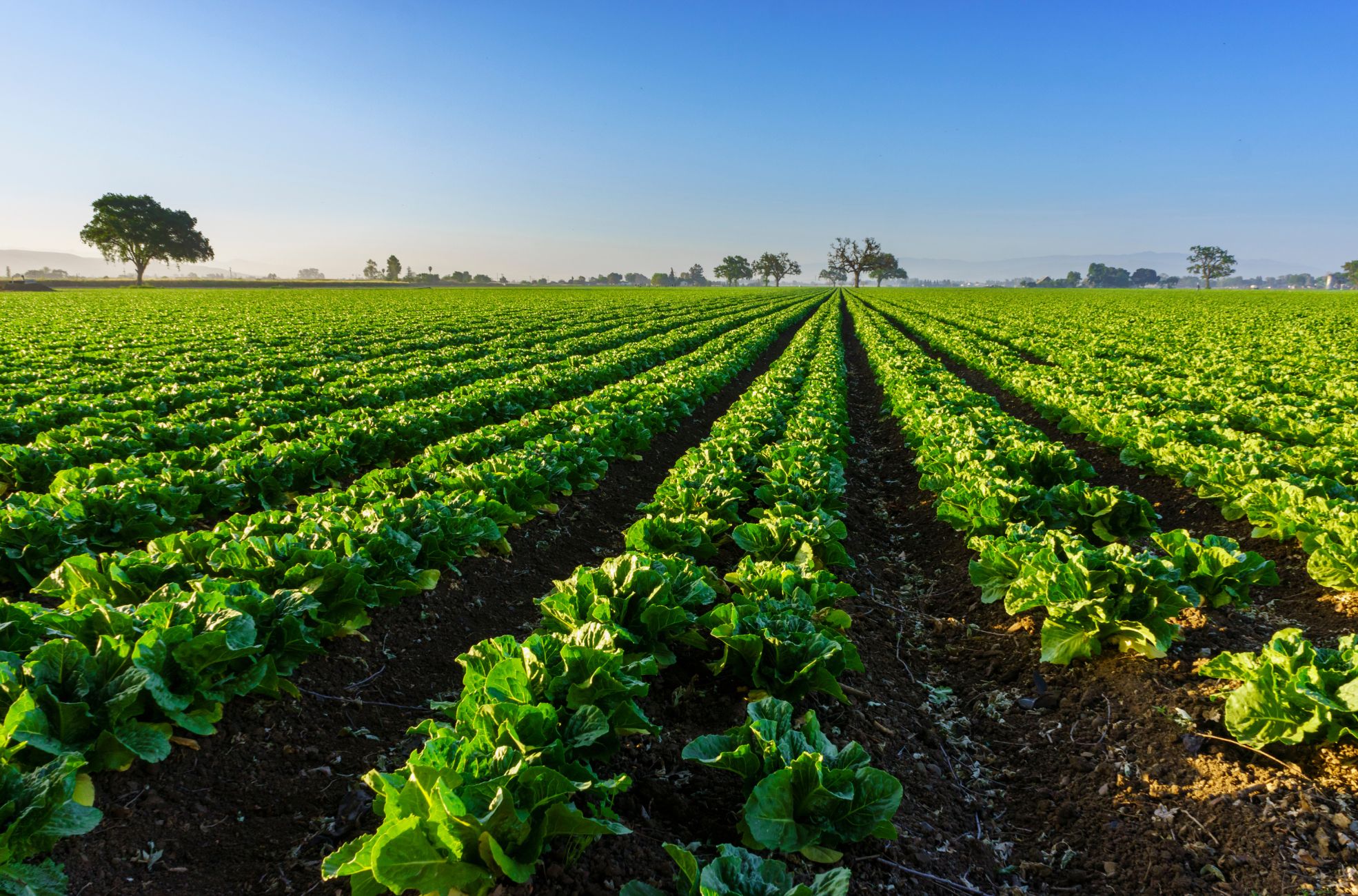
Legal Framework and Registration
Acquiring the Necessary Licences
Initiating an organic farming enterprise necessitates obtaining the appropriate licences. This involves a detailed certification process to ensure adherence to standards that protect the environment and produce quality. Non-compliance with these standards can result in penalties, including financial repercussions or revocation of certification.
Business Registration Processes
The establishment of an organic farm requires adherence to specific business registration procedures. After selecting and obtaining approval for a plot of land, the farm must be equipped for cultivation.
Subsequently, a Conformity Assessment by the Emirates Authority for Standardisation and Metrology is essential. Successful evaluation results in a certificate that permits the labelling of products as organic.
When choosing a business name, it is important to comply with local naming conventions. The application for an organic farming business licence is submitted to the Dubai Department of Economic Development, including necessary documentation such as articles of incorporation and descriptions of business activities.
Collaborating with a business formation specialist can facilitate the application process. Additionally, a UAE residency visa is required, which also enables the sponsorship of visas for employees.
Land Ownership and Zoning Laws
Understanding land ownership and zoning regulations is critical for establishing an organic farm. The selected land must be zoned for agricultural use, with the Municipality confirming its suitability based on environmental and land use considerations.
Importing Organic Seeds and Livestock
An import permit from the Ministry of Climate Change and Environment is mandatory to import organic seeds and livestock. This permit is a component of an electronic system managing the importation of agricultural goods.
The permit is valid for six months from issuance. Upon arrival, consignments are inspected to ensure they are pest-free.
An agricultural activity licence is required, and the establishment must be licensed for livestock production farming to permit the import and export of such items. Importing items not listed on the permit is prohibited, and infested shipments will be rejected to maintain the integrity of organic farming standards.
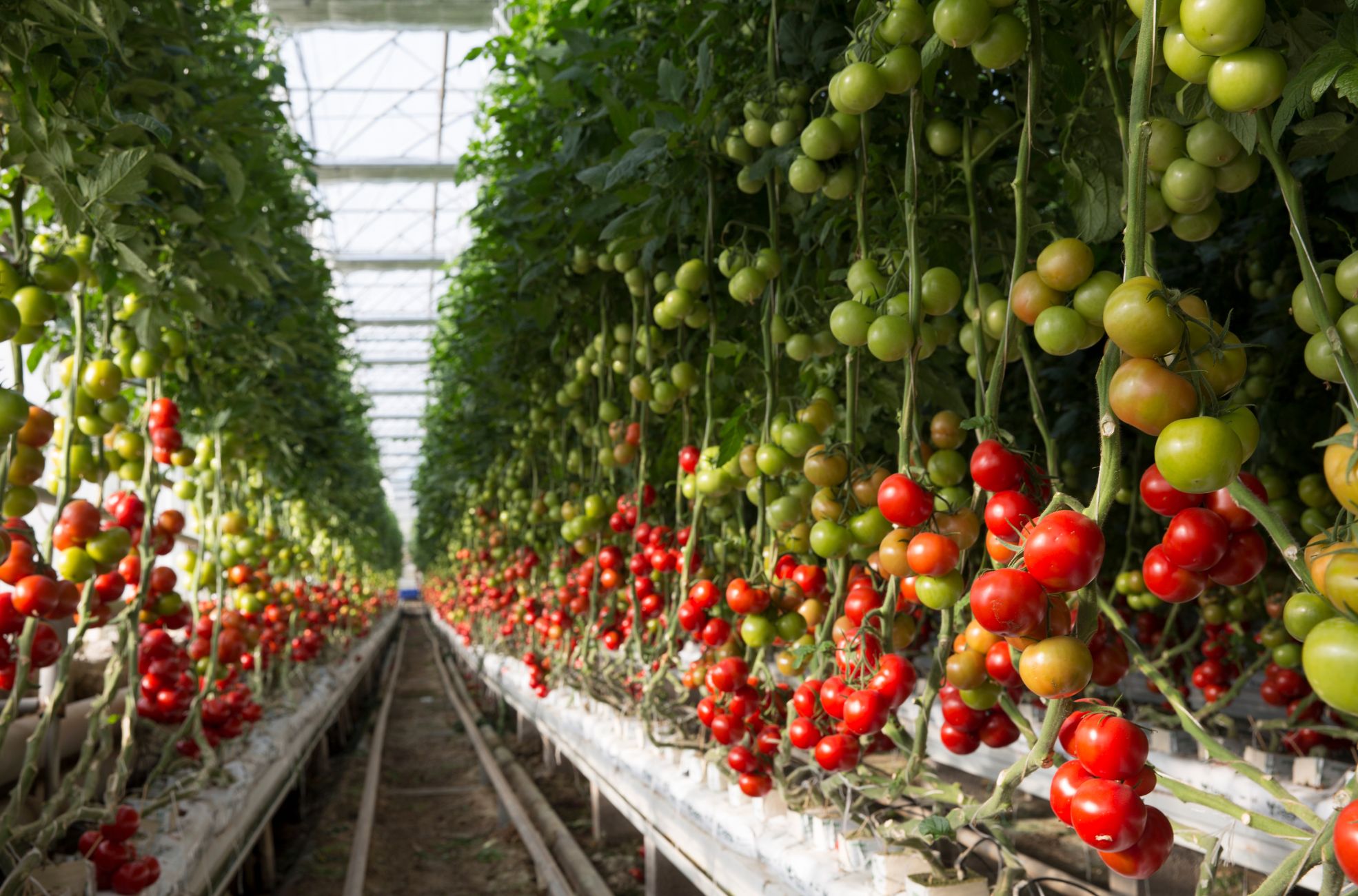
Selecting the Right Location
Evaluating Soil Quality
Assessing the soil’s composition is crucial for determining its suitability for organic cultivation. The eastern part of Dubai features alluvial flats. At the same time, the western region is characterised by a mix of sand, gravel, silt, and clay. These underlying geological formations influence the soil’s natural fertility and its capacity to retain water.
Understanding the soil’s characteristics is essential for deciding on the necessary amendments and choosing crops that are well-adapted to the local environment. The soil must be capable of supporting agriculture without synthetic enhancers, which is fundamental to organic farming principles.
Access to Water Resources
In Dubai’s arid environment, the availability of water is a critical consideration. The country relies on a combination of traditional and non-traditional water sources, including desalination and treated sewage effluent.
Given the issues of aquifer overuse, saltwater intrusion, and declining water quality, it’s imperative to implement water-saving measures in livestock farming. Utilising efficient irrigation systems and cultivating crops that can withstand high salinity levels are essential strategies for an organic operation.
The volume of water required will depend on the types of crops grown and the size of the operation. Effective water management is thus a key component of the planning stage.
Proximity to Markets
The farm’s location in relation to consumer markets can greatly influence its success. Dubai’s prominence as a commercial centre with significant port facilities offers advantages for exporting produce. The local market’s inclination towards premium, convenient, and health-conscious food options suggests a receptive audience for organic products.
Minimising transportation expenses and ecological impact by being near these markets is consistent with the global organic farming industry’s sustainable ethos. The preference for premium goods among Dubai’s consumers indicates a promising domestic market for high-quality organic products.
Considering Urban Farming Options
In Dubai, urban agriculture presents an alternative for those interested in organic farming. Techniques such as vertical farming are becoming more popular, allowing for the cultivation of leafy vegetables indoors with LED lighting and controlled environments.
Other urban agricultural projects, like community gardens and biodome greenhouses, provide opportunities for city dwellers to participate in their farming activities and access fresh produce. These initiatives highlight the adaptability of organic farming to Dubai’s distinctive urban setting and property landscape.
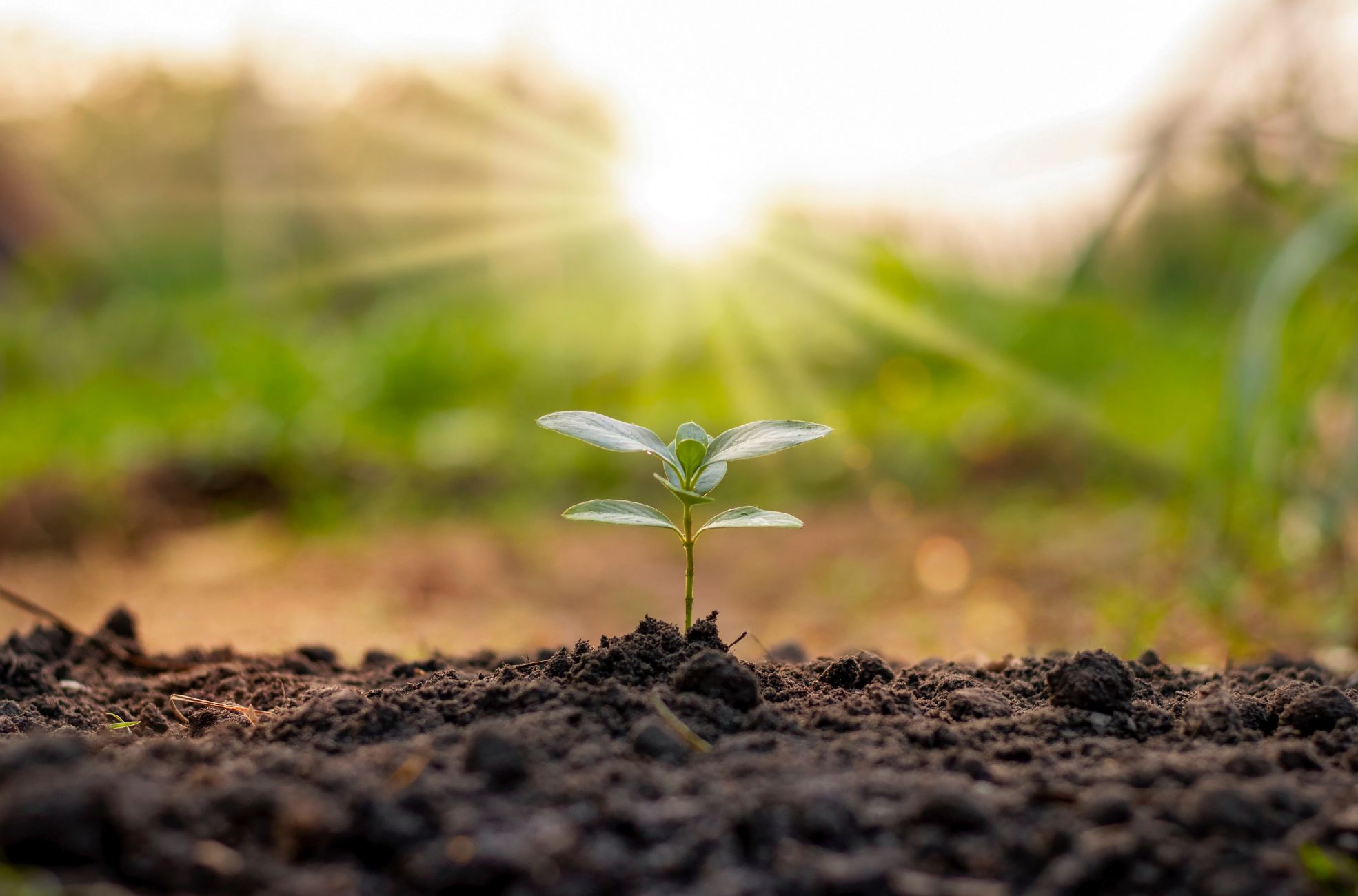
Designing Your Organic Farm
Crop Selection Suited for Dubai’s Climate
Selecting the right crops is crucial for the success of an organic farm in Dubai. Amaranth is a resilient plant that can be harvested for its leaves. At the same time, purslane and bok choy are also suitable due to their nutritional value and ease of cultivation.
Chillies are another viable option, thriving in containers and providing vitamin C. rocket leaves, gourds, and kohlrabi can be grown effectively in the region. Spinach and Swiss chard are beneficial for their nutrient content, and Malabar spinach is well-suited as a perennial. For aromatic additions to the garden, rosemary, basil, and mint are favourable choices.
Utilising Greenhouses and Shade Nets
Greenhouses and shade nets are indispensable for mitigating the harsh sunlight and high temperatures. Shade nets play a crucial role in protecting plants from excessive UV exposure and overheating. They also contribute to water conservation by minimising evaporation, which is particularly important for heat-sensitive varieties.
The adaptability of shade nets allows for customisation to meet different plant species’ needs, providing tailored shade levels and temperature control.
Organic Pest Management Strategies
Implementing organic pest control measures is essential. Clearing out decaying vegetation can thwart the spread of disease. Ground-level irrigation is preferable to prevent moisture accumulation on foliage, which can lead to fungal issues.
Frequent monitoring for pests is necessary, and natural repellents such as garlic, neem oil, or a mixture of soap and water can be effective alternatives to chemical pesticides. These methods and the strategic use of shade nets foster a less hospitable environment for pests.
Sustainable Water Management Techniques
Efficient water use is paramount in Dubai’s dry conditions. Plants typically require less irrigation during the cooler, more humid winter months. Morning watering is advisable to avert fungal diseases.
Newly established plants may necessitate daily watering, but well-established plants still need to. Nutrient provision can be achieved with organic liquid fertilisers like seaweed extract, which should be applied to moist soil to prevent damage to the roots.
Adopting these water and nutrient management practices is vital for the long-term viability and yield of the organic farm.
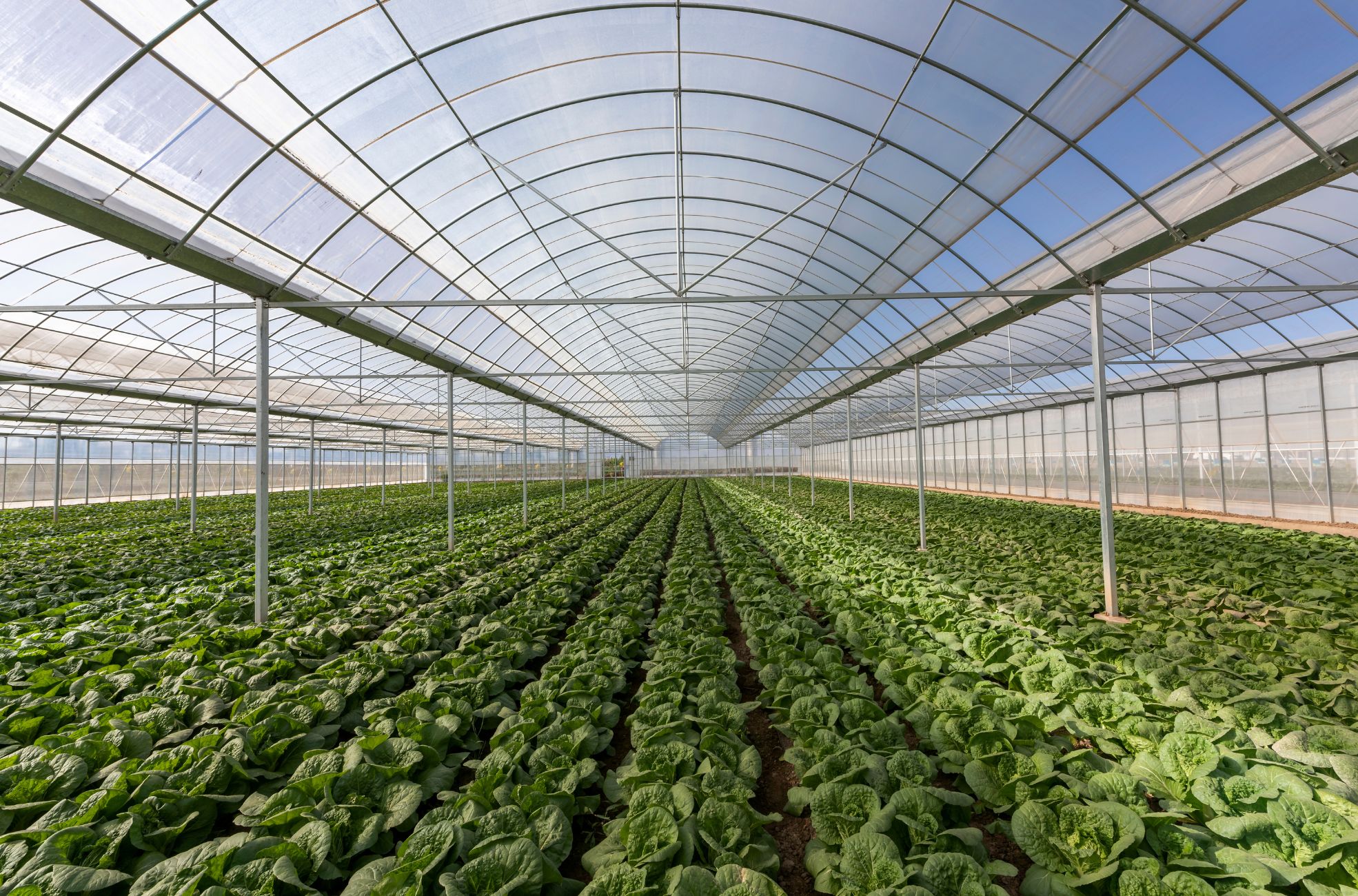
Managing Your Organic Farm Business
Creating a Business Plan
A comprehensive business plan is the first step in launching your own organic farm here. It outlines your farm’s vision, including both immediate and future objectives, and serves as a guide for operational decisions. It’s also a crucial document for securing financing, detailing the use of funds and repayment plans.
Your business plan should reflect your farm’s ethos, such as a commitment to health and the environment.
For instance, a farm like “Franks Organic Farm” may emphasise “its use of natural methods and its role in enhancing community well-being”. Their plan would likely showcase their unique selling points, such as their ECAS certification and their CSA program, which fosters direct consumer relationships.
When drafting your business plan, reviewing samples from the agricultural sector can provide structure and inspiration. A well-crafted plan will delineate what sets your farm apart, such as any certifications and innovative business models you employ.
Marketing Your Organic Produce
Effective marketing is crucial for the success of an organic farm. For CSA models, building a community around your product is essential. Your strategy should educate potential customers about the benefits of organic products and the specific offerings of your farm. This can be achieved through various channels, including brochures, a website, and participation in organic networks.
Keeping customers engaged with regular updates on farm activities and upcoming harvests is important. Offering educational events and farm tours can also serve as marketing tools while informing the public about organic practices. Ensuring convenient delivery and personalised service can help solidify customer loyalty.
Networking with Local Organic Farming Communities
Building connections with local organic businesses is crucial for your farm’s development. Distributing marketing materials in local organic stores can help tap into an existing customer base. Collaborating with these businesses can lead to joint marketing initiatives or product offerings.
Participation in local organic farms and farming groups can provide support and knowledge-sharing opportunities. These networks can provide information on industry best practices and collaborative opportunities.
Continuous Education and Staying Updated on Best Practices
Staying informed about the latest developments in the organic farming industry is necessary to maintain your certification and improve your farm’s practices. This involves a commitment to continuous learning and application of the latest sustainable techniques in areas such as soil management and biodiversity.
Embarking on Your Organic Journey
Starting an organic farm in Dubai is a testament to the resilience and ingenuity required to create a sustainable, profitable venture that meets the growing demand for organic produce. It combines a respect for the environment with innovative farming techniques tailored to the local climate and market.
With the right preparation, from certifications to carefully selecting your location and crops, your organic farm can become a cornerstone of the Dubai agricultural scene. Remember, your journey doesn’t end with the harvest; it’s about nurturing a community around the agriculture business and your brand and contributing to a greener future. So, pick your crops, draft your business plan, and take the first step towards transforming the golden sands into a lush, green, organic oasis.
